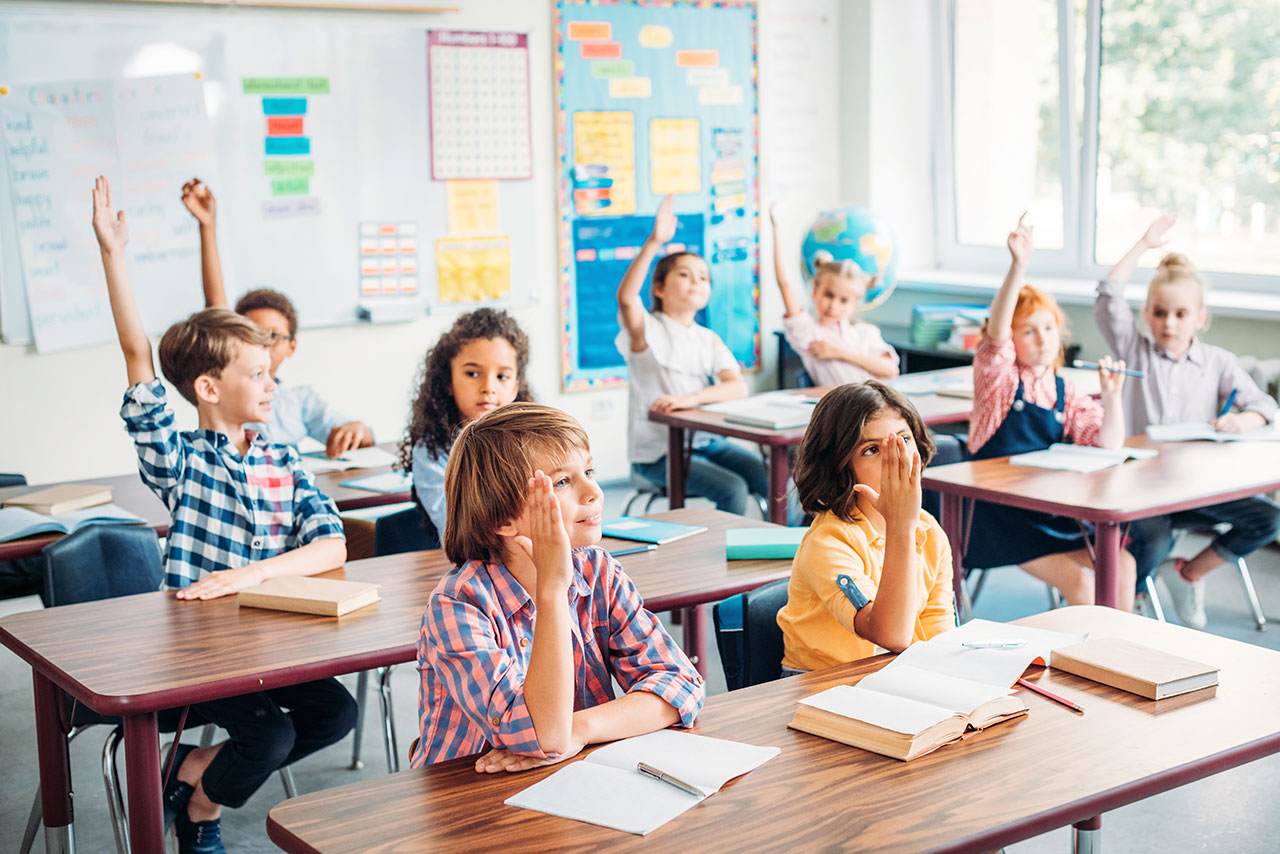Nowadays it is a fact that educational staff come into contact with a sufficient number of students who have learning disorders. These include dyslexia, dysgraphia and dyscalculia.
Modern pedagogy and science approaches the issue from a positive point of view without isolating students with learning difficulties but by applying modern pedagogical methods that help the smooth integration of these students in the school environment.
In order to inform our readers and teachers – tutors of our newspaper about the most effective way of dealing with these cases, the newspaper contacted the specialized professor and scientist Dr. Theodora Papadopoulou, who has many years of experience in this field.
Here is an extract from the fruitful dialogue that took place during the meeting.
– κ. Papadopoulou, from your experience tell us how common is the phenomenon of students with learning difficulties nowadays?
The number of students with learning difficulties has increased in recent years which has raised the awareness of many colleagues – teachers who seek to be properly informed in order to create a friendly school environment that will enable all students – dyslexic and non-dyslexic – to develop their abilities regardless of the difficulties they face.
– Are tutors and teachers in general easy to diagnose similar cases and in what way?
Well-trained teachers are able to recognise some signs of learning difficulties. These signs are related to students’ written or spoken language, their behaviour in class and their performance.
– What are the first steps a teacher and then a specialist should take in order to deal with such situations?
The first step as far as the teacher is concerned is to contact the parents of the student who is presumably experiencing learning difficulties and find out whether dyslexia or dysgraphia has been diagnosed by specialists in the past.
Unfortunately, many parents who are not properly informed about learning disabilities have a defensive to hostile attitude towards the whole issue.
Therefore, the teacher should handle the whole situation with delicacy, not to diagnose a learning disorder, but to refer the parents and the student to special psychologists-educators who will be able to make an accurate diagnosis. Parents need to understand that the purpose of pointing out the problem is to help the student and not to blame it on an “illness”.
– What is the contribution of parents and close family members in dealing with such incidents?
The parents and, more generally, the close family environment of a student with learning difficulties play an important role in their progress. The dyslexic student needs support, support and encouragement in every effort.
– How would a training programme help in dealing with such cases immediately?
Proper information for teachers is a key prerequisite for the smooth adaptation of pupils with learning difficulties in a classroom with children with different abilities. These students need different teaching methods and, in some cases, a different approach in order to give them the opportunity to excel.
For this reason, a specialised seminar on Dyslexia, Dysgraphia and Dysrhythmia “Myths and Reality” will be held at IEK DOMI on 24 and 25 February and then on 31 and 1 April of ten hours each. The aim of the seminar is to inform teachers about the symptoms of dyslexia, dysgraphia and dyscalculia in relation to the age of their students (preschool, 5-7 years old, 7-13 years old, adolescents, adults).
Teachers will be informed on how to identify the student with learning difficulties and help them to adapt to the classroom.
In conclusion, I would like to stress that all participants will receive the manual with the complete contributions and case studies.
I really hope that the interest in learning disabilities will become more and more intense in order to enable all our students to feel comfortable in a welcoming school environment that respects and understands their specificities.
* The A r. Theodora Papadopoulou is a Professor – Educational Consultant, PhD in English Literature, Cognitive Semantics, Bachelor and Master of Sciences in Psychology (Specialty in Learning Difficulties).



